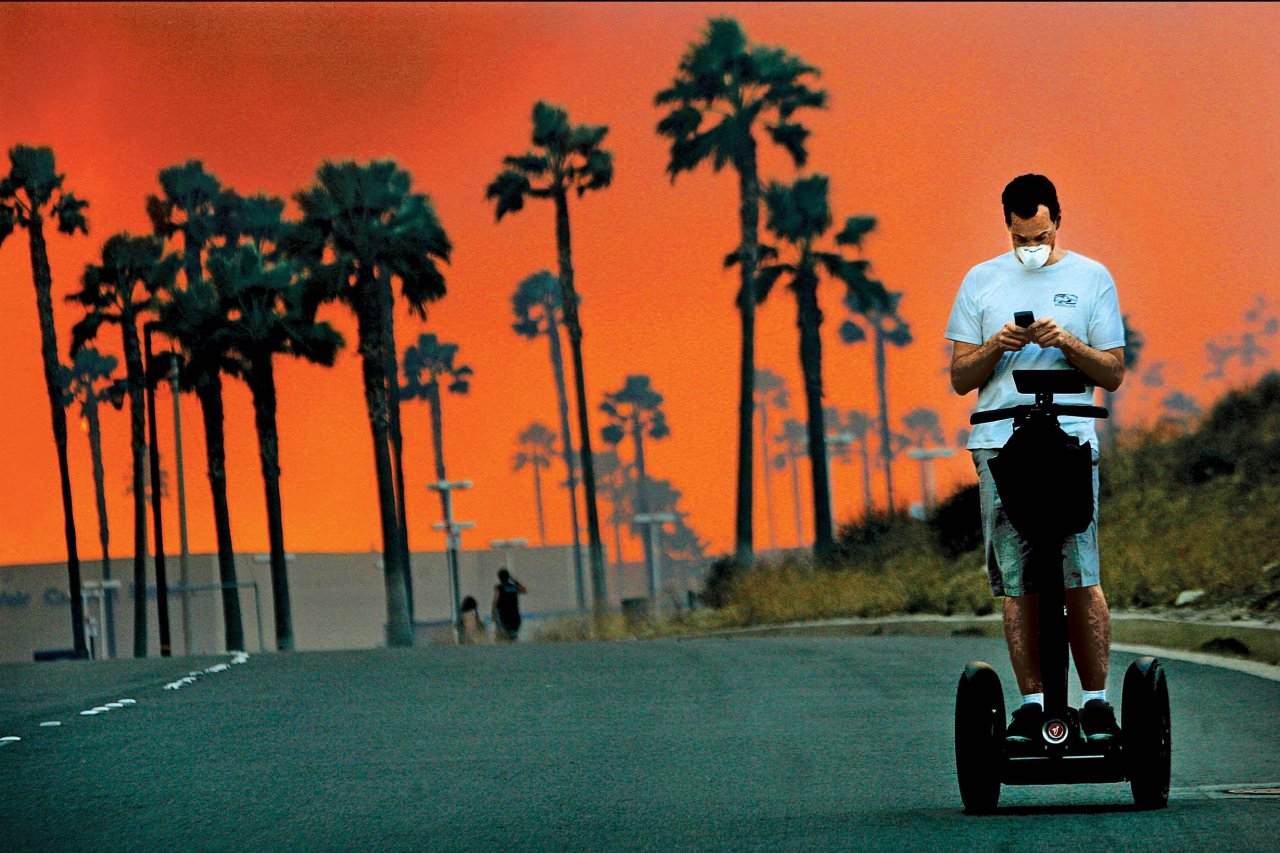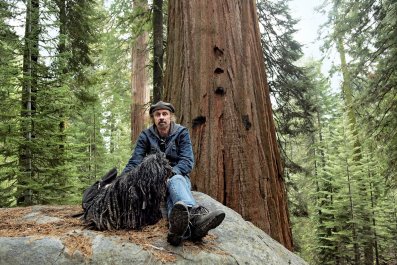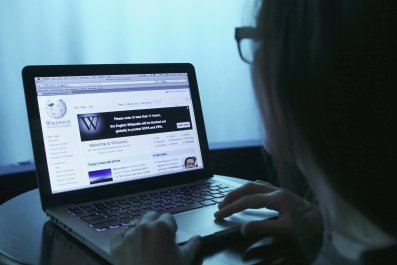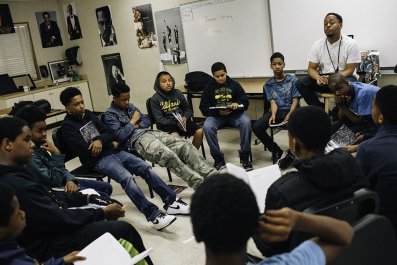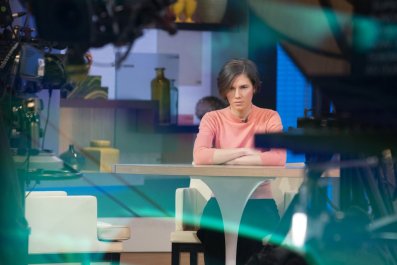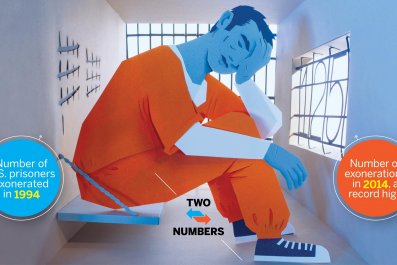Hillary Clinton's email controversy clearly, conclusively proves one thing: She is old.
Relying so heavily on email makes her look like the kind of old person who still loves Wheel of Fortune and those vinyl outdoor tablecloths with the fuzzy undersides. The only way she can seem older is if she checks email on a big desktop PC while playing polka records and waiting for the coffee to perk.
To younger generations, email is technology's cockroach: Everyone despises it but can't kill it. Still, there's a good reason email endures. We haven't really decided on the future of communication for a mobile-driven era. So we're in a period of wantonly trying just about everything—apps like Snapchat, Yik Yak, Slack and Yammer, which together sound like the names of the comic relief in a Disney movie.
CEOs and management thinkers believe modern work must be collaborative, but most of the time the people collaborating will never be in the same physical space, or work for the same company or even know each other. We've been tearing down a century-old way of working, centered on the office, but haven't yet solidified a new way, centered on the smartphone.
In that void, email remains the constant. We can't kill it because it's the only communications tool since the telephone that is universal. As company walls and national borders break down in cyberspace, email—cumbersome time-suck though it may be—is the only way we can share ideas and digital matter with nearly anyone, anywhere.
But, of course, it won't always be that way. Then the question is: What's next? And in that question is an interesting tension—a tension Hillary would probably appreciate. We don't seem to know whether the future of communication should be as ethereal as talking, as permanent as writing or, somehow, both.
Talk disappears. You say something, it's received, and it's gone, lodged only in people's memories. In work situations, this has advantages. Soon after last year's hacking attack on Sony, which revealed damaging executive emails to the public, famous business bro Mark Cuban told a New York audience about his latest project, Cyber Dust. The app, aimed at business, lets people communicate with individuals or a group by typing on a phone or keyboard, but as soon as any text is read it disappears from every device and the Cyber Dust servers. Even in legal proceedings, he says, "it's discovery-free." No hack or investigation could ever find it.
This ethereal trend first got momentum with Snapchat. Yik Yak takes it to another level, allowing people to anonymously spew any message to groups of people, the equivalent of ranting on a street corner while wearing a ski mask. Cuban and others making these kinds of apps raise a good point: Collaboration can be messy, and maybe it shouldn't all be captured. Maybe if the conversation disappears, people will worry less about bringing up the crazy idea that might sound stupid later, or criticizing a colleague who screws up. Talking served us well for thousands of years, so maybe there's something to it.
Slack argues the opposite. It is the latest would-be email killer—essentially a mashup of online chat, Dropbox-like file-sharing and group-messaging apps on mobile phones. Slack is so hot, the company has already raised $120 million in funding, valuing it at more than $1 billion. It is one year old.
The app saves every collaborative conversation and uploaded file, archiving it and making it searchable to everyone in a defined group, which could be a small team or a whole corporation. In one sense, it mimics the permanence of paper from a time when companies would file handwritten memos and typed letters for posterity. Then Slack adds a layer of Googliness, exposing the documents to be found, sorted and built upon. For better or worse, Slack and apps like it preserve every utterance with the kind of determination God put into blasting the Ten Commandments into rock.
The emergence of apps such as Cyber Dust and Slack coupled with news like the Sony hack point out a great flaw in email: It lands somewhere between talking and writing, and it is too little of either. We can delete email, but it doesn't disappear; it remains on someone else's computer or the server, making it dangerously faux-private. We can use email to do work and construct ideas, yet colleagues who aren't on the string can't see it. Frustration with email carries a warning: In future communications technology, make it very clear whether we're talking or writing.
Artificial intelligence and location awareness might help with that. No doubt those technologies will be part of whatever comes after Slack, and they will help apps understand what's being discussed, who's in the virtual room and where all the participants are in the real world. The app could know in a particular situation whether we need to be talking or writing—whether the conversation should be private and perishable, or public and shareable.
And even then, no new technology will kill email unless it becomes universal. The cockroach might survive every extermination attempt until the sun burns out.
In the meantime, forward-thinking people are trying the new apps and helping to shape a better form of communication and collaboration. In there is a lesson for Hillary. In one fell swoop, she could duck questions about deleting messages, plus seem a lot more hip.
All she has to do is stick to Snapchatting taunts to Vladimir Putin…who would totally reply by sending bare-chested selfies.



